With the rise of technology and often impenetrable science, societies run the risk of becoming technocratic, with a widening divide between experts and citizens. Under such conditions, for democracy to function citizens must be able to perceive the difference between real experts and charlatans. To do this, Mauro Dorato argues, we must not only increase scientific literacy, but we must also better understand the social rules at play in scientific fields, such as peer review and repeatability of proofs, in order to tell the difference between the expert and the charlatan.
How specialisation can threaten democracy
Contemporary democracies are under threat. Many regard the unstoppable immigration waves as a danger to their possessions and as an occupation of their territories to be defended by erecting walls. The growing inequality and impoverishment of the middle class within democratic states can generate authoritarian drives that lead to limitations of civil rights.
However, in order the explain the current crisis of representative democracies, other serious problems must be considered, caused by the widening gap between the principle of competence necessary for rational deliberations – provided by scientists and more generally by experts – and the principle of the autonomy of choice, a fundamental right that non-omniscient citizens living in a democracy must enjoy. The prevailing misinformation and disinformation made possible by the superluminal transmission of information via social media must therefore be taken into serious consideration too.
___
Unlike the natural sciences, the moral sciences have not undergone a conceptual upheaval that freed them from an outdated method of inquiry.
___
John Dewey claimed that the survival of democracies depends on a revolution in our systems of education. According to him, the well-being of democracies is correlated with high levels of literacy, where the latter essentially hinges on the application of the empirical science’s experimental method to the most pressing social problems. Unlike the natural sciences, the moral sciences have not undergone a conceptual upheaval that freed them from an outdated method of inquiry.
Dewey’s message is still valid, but nowadays the conflict between the principle of autonomy and the principles of competence has become even more radical. In my Science and Representative Democracy (Bloomsbury 2023) I have proposed to steer a mid-course between the Scylla of populism and the Charybdis of technocracies. The advancement of science and technology depends on exponentially growing processes of specialization, accompanied by the creation of technical languages that are evermore inaccessible to the large public and even to scientists working in different fields.
___
The indispensable, ever increasing role of experts regarded as mediators of scientific knowledge threatens the autonomy of choice of the citizens.
___
Technocracy and Populism
On the one hand, technocratic regimes, which could be advocated in the name of the principle of competence, do not solve the conflict and must also be avoided, given that in this case few experts would decide for all without considering the aims of the citizens. The indispensable, ever increasing role of experts regarded as mediators of scientific knowledge threatens the autonomy of choice of the citizens. The risk in this case is a degeneration of representative democracies into technocracies, where few experts decide for all. The citizens would be deprived of their autonomy in this case, since the elected politicians would not take responsibility for their choices. Of course, they ought to rely on science, but should not justify their decisions only by bringing to bear the unassailable “intimations of science”. Examples of this attitude could be found also during the Covid 19 period.
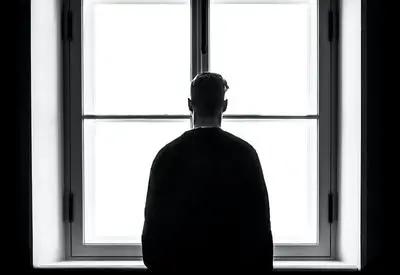 SUGGESTED READING
How modern medicine became dangerous
By David Healy
SUGGESTED READING
How modern medicine became dangerous
By David Healy







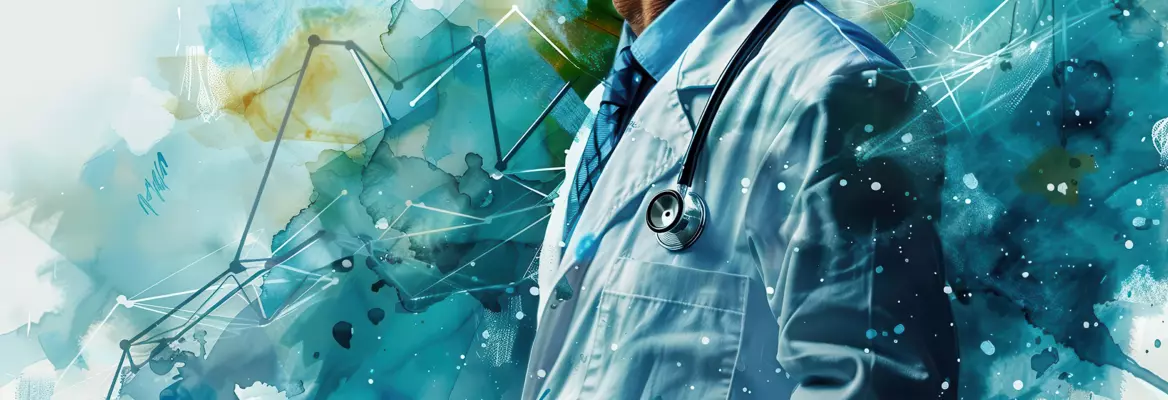


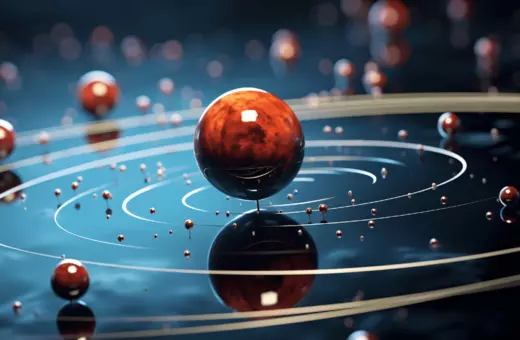
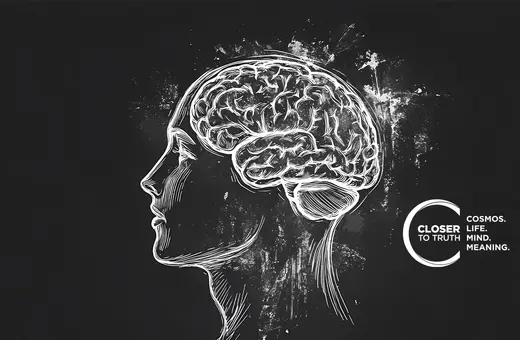
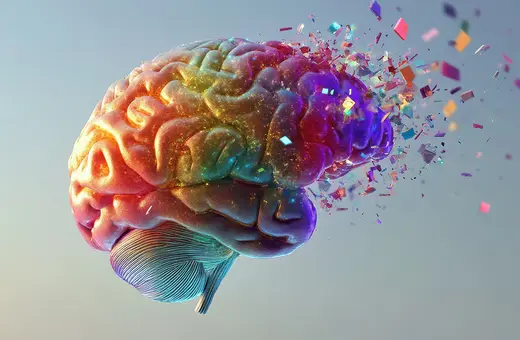
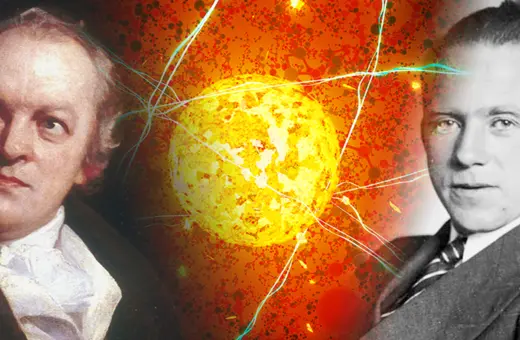







Join the conversation